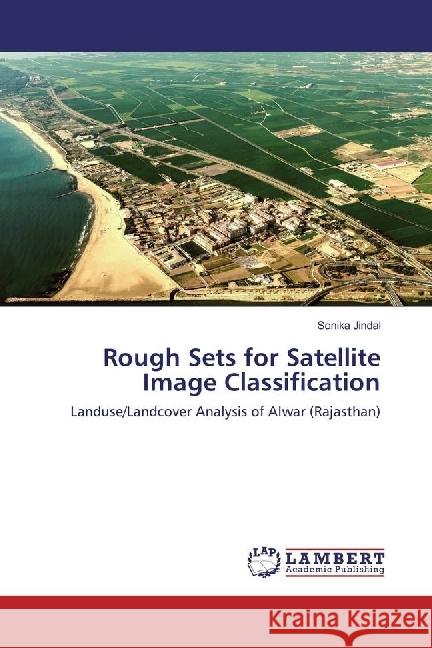Rough Sets for Satellite Image Classification : Landuse/Landcover Analysis of Alwar (Rajasthan) » książka
Rough Sets for Satellite Image Classification : Landuse/Landcover Analysis of Alwar (Rajasthan)
ISBN-13: 9783330032828 / Angielski / Miękka / 2017 / 108 str.
It has been observed that the ground truth data, forming a prime decision system, an essential ingredient for a supervised learning, may itself contain redundant / inconsistent / conflicting information. Moreover, there may be superfluous attributes that warrants a fast mechanism to identify & discard them and at the same time keep the information content compatible to the original data set. The Rough Set Theory has emerged as an effective measure to resolve imprecise knowledge, analysis of conflicts, evaluation of data dependencies and generating rules. Landuse/Landcover classification is specifically chosen for this study as it is well recognized important task in landscape ecology. The objective is how the decision system required for any supervised classification, is made consistent and free from superfluous attributes. Land cover classification of the LISS-III image pertaining to Alwar (India) area by the Rough Set, Maximum Likelihood Classifier and Minimum Distance Classifier is performed. The findings show that, in the era of internet GIS where time and accuracy is the prime requirement in classification of images, Rough set theory offers better and accurate results.











